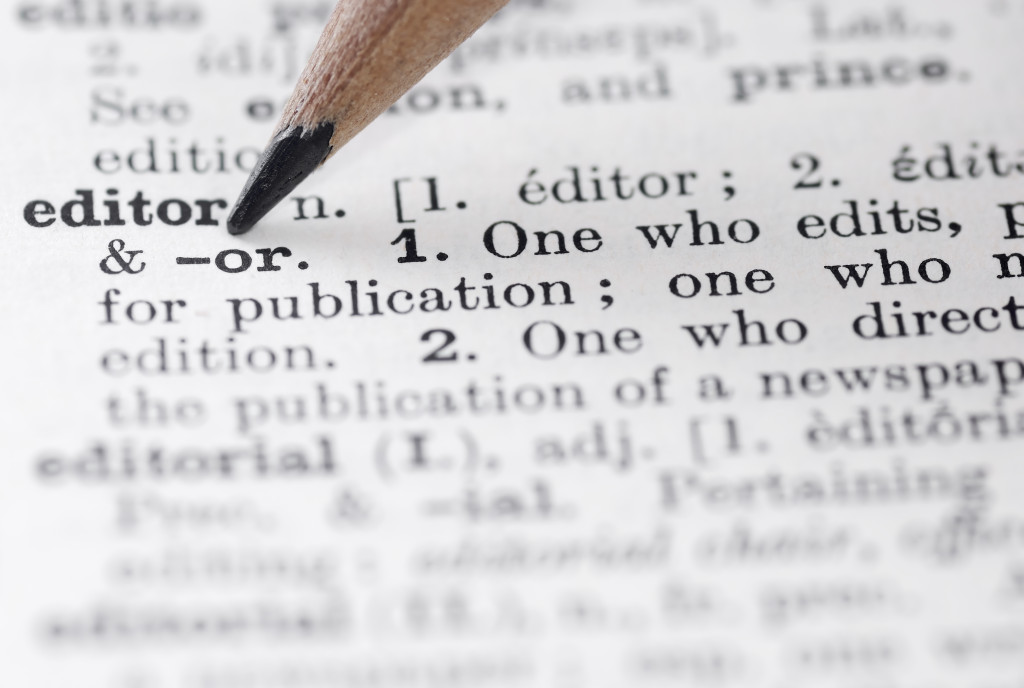Editors Make All the Difference
Two recent experiences have made me hyper-aware of the importance of good editors.
 I’ll confess I have a love-hate relationship with editors scouring my manuscripts looking for mistakes and questioning problems that are sometimes only in that person’s obsessively compulsive imagination.
I’ll confess I have a love-hate relationship with editors scouring my manuscripts looking for mistakes and questioning problems that are sometimes only in that person’s obsessively compulsive imagination.
But wait. You don’t know how this works do you? So here are the steps my own traditional publisher and many others require–the steps after a book has already been purchased.
- The manuscript–the best the author can make it–is finished and turned in. Prayers begin.
- The line editor, who is often but not always the one who bought the book, gleefully goes over the book looking for problems. Line editors make small changes, but their real purpose is to see if the story holds together. Does the book sag badly in the middle? Is the beginning implausible, the ending a dud? Are the characters too stupid to live? Can whole chapters be whisked away without leaving a hole? Would switching chapter three with chapter four make the novel more exciting?
- The line editor returns the book to the author with copious notes and, if necessary, requests for rewrites. One editor, who now is legendary, changed a little boy into a raccoon because she thought that was cuter. Not mine, thank you.
- The author considers the line edits, sticks pins in her editor voodoo doll, rants to her best writer friend, then makes whatever changes she feels are justified and a few besides because, heck, she wants the book to be published.
- The line editor keys in the author’s adjustments after she has jabbed a few pins into her own author voodoo doll and ranted to all the other editors on her floor.
- The book goes to the copy editor. The copy editor’s job is to nit-pick. Grammar, punctuation, timeline, syntax, word choices. Is the blond heroine still blond at the end of the novel? (And depending on the publishing house, “blond” might be spelled “blonde.”)
- The copy-edited version (sometimes in the form of final galleys) goes back–you guessed it–to the author, who looks it over and makes whatever changes are necessary. Copy editor stories are a favorite topic at the bar during writer’s conferences. One of my own favorites? In an early manuscript of mine Pittsburgh, PA was changed to Pittsburg by a copy-editor who looked it up in an almanac, found Pittsburg, CA and decided that must be correct. Copy editors have also saved me a number of times. Authors swap horror stories, but we silently worship at their tootsies.
- If the last step didn’t involve galleys, that comes next. This is the final time to read through and make changes, and then more prayers are said that all that hard work will actually make it into the novel. Because sometimes it doesn’t.
So what two experiences made me grateful for the many times I’ve been through this extended and traumatic experience?
Recently I downloaded two free novels from Amazon. Authors often give away the first book of a series to whip up interest in later books. It’s a great promotional tool, and I’m always looking for new authors to enjoy.
By the time I’d finished or at least started both novels I was ready to toss them across the room–only both were on my Kindle, so that was a bad idea. Truth is there was nothing wrong with these novels that a good editor–okay, very good–couldn’t have fixed. But clearly neither author had consulted one. One author had frequent grammatical lapses and poorly written dialect. The other had a character with such a bizarre and hideously unattractive way of dealing with the stress in her life that I had to stop reading because I, too, was getting slightly nauseous–that’s a hint. As would any editor at that point.
An editor would have demanded rewrites, helped them fix plot points and explained the difference between a well-developed character and an unattractive one.
My second experience was a real revelation. I’m known to be difficult to edit. I work hard on my sentences and story, and I don’t want changes. I’m pretty sure my wonderful editor Leslie Wainger is a saint. She leaves me alone when she can, although she’s not above standing up for herself when warranted.
So this week when I read through the next novel I intend to put online, one of my more popular “classic romances,” I was sure I would need to make a host of changes. I hadn’t read the book in years, but I remembered locking horns with that editor time and time again. Nancy loved to rewrite, and at the time it seemed she made comments on almost every sentence. In fact I changed publishers once that book came out because I didn’t want to deal with so much creative interference.
But what did I learn from my re-read? The editor and I, together, created a novel that today, decades later, should stand exactly the way it went into print. No matter how hard I tried I couldn’t find problems. The editor may have been a little “hands-on” but together we were quite the team.
Wherever you are, Nancy, just know that all these years later I finally appreciate you. No more voodoo dolls for me. I’m with the program now.
Look for Season of Miracles next month when I will republish it nearly untouched as an ebook. And if you’re planning to indie-publish your next novel? Please look for an editor. You’ll be glad you did and so will your readers.